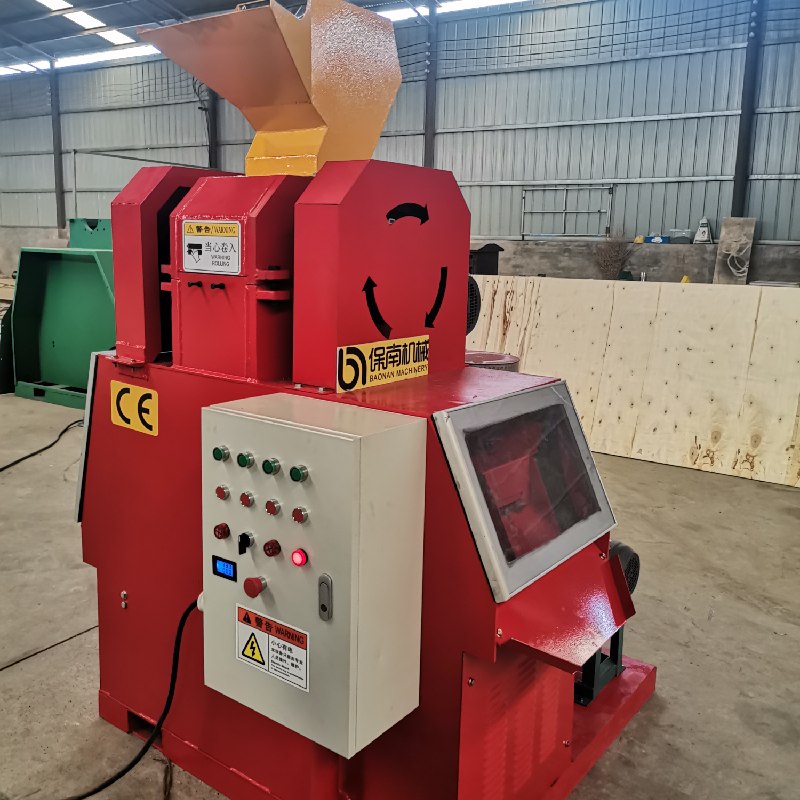Proper disposal of electronic devices is crucial in today's technology-driven world. As more devices become obsolete or get replaced with newer models, the challenge of handling electronic waste (e-waste) responsibly becomes pressing. Effective e-waste management not only helps protect the environment but also reaps economic benefits. Here's an in-depth guide on how to properly dispose of electronic devices, leveraging expertise, experience, authoritativeness, and trustworthiness.

Understanding E-Waste and Its Impact
Electronic waste refers to discarded electronic appliances such as computers, smartphones, tablets, and other consumer electronics. These devices often contain hazardous materials like lead, mercury, and cadmium, which can have severe environmental and health repercussions if not disposed of correctly. Additionally, e-waste contains valuable materials like gold, silver, and copper, which can be recovered and reused.

Step-by-Step Guide to Proper Disposal
1. Inventory and Assessment Begin by assessing your electronic devices to identify those that you no longer need. Determine whether each device is still functional or beyond repair. This step helps in deciding the appropriate disposal method, whether it's recycling, donating, or selling.
2. Data Security Before disposing of any electronic device, ensure all personal data is wiped out. For computers and smartphones, use specialized software to perform a factory reset or data wipe, ensuring your sensitive information doesn't fall into the wrong hands.
3. Explore Recycling Options Many electronics manufacturers and retailers have take-back programs or recycling schemes. Brands like Apple, Samsung, and Best Buy offer services to recycle old devices safely. These programs ensure that hazardous materials are handled appropriately, and reusable components are extracted.
4. Engage with Certified E-Waste Recyclers Choose recyclers certified by organizations such as e-Stewards or R2 (Responsible Recycling). These certifications ensure the company adheres to strict environmental and ethical standards, minimizing the risk of illegal dumping or mishandling of e-waste.
5. Donate Functional Devices If an electronic device is still functional, consider donating it. Nonprofits, schools, and community centers often accept electronics, using them for educational purposes or passing them to individuals in need. Not only does this extend the life of the device, but it also supports community development.
how do you properly dispose of an electronic device
6. Sell or Trade Numerous platforms allow you to sell or trade-in your old electronics for cash or credit towards new purchases. Websites like Gazelle, eBay, and trade-in programs of manufacturers offer a convenient way to monetize obsolete devices.
7. Community E-Waste Collection Events Participate in e-waste drop-off events often organized by local governments or environmental organizations.
These events provide a safe and convenient way to dispose of electronic devices without cost.
Leveraging Experience and Authoritativeness
Experts emphasize the need for continued education around e-waste management. As our reliance on electronic devices grows, so does the necessity for informed disposal practices. Professionals in sustainability and environmental sciences advocate for policies promoting circular economy principles, highlighting how efficient resource use can drive economic benefits while reducing ecological footprints.
Building Trustworthiness in Disposal Practices
Individuals and companies alike must prioritize transparency in their e-waste disposal methods. By opting for certified recycling services and engaging in responsible disposal practices, trust is built with stakeholders and consumers. Companies that invest in ethical e-waste management are often seen as leaders in corporate social responsibility, enhancing their brand reputation and fostering long-term loyalty.
Conclusion
Proper disposal of electronic devices is not just a personal responsibility but a societal one. By adopting informed and responsible e-waste management practices, we contribute to a sustainable future, preserving environmental resources for generations to come. Balancing experience, expertise, authoritativeness, and trustworthiness, we can all play a part in mitigating the adverse impacts of e-waste.



